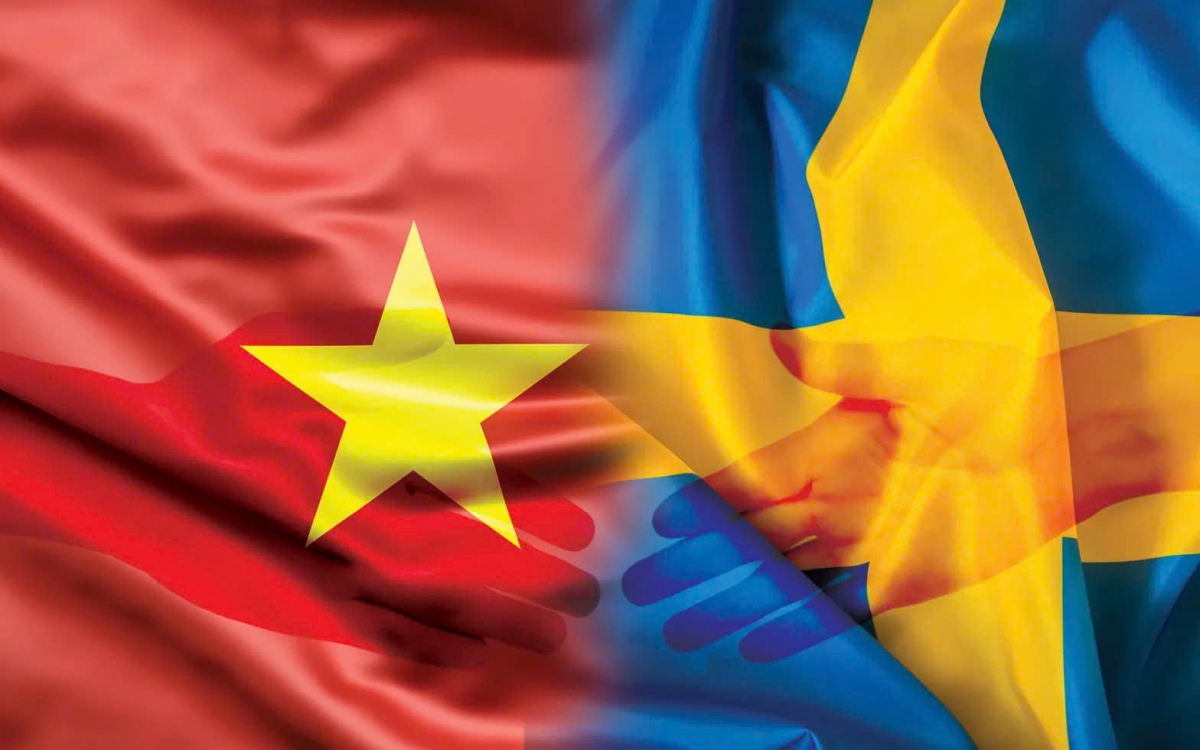International workshop reviews 55 years of Vietnam – Sweden diplomacy
VOV.VN - The Vietnam Academy of Social Sciences held an international workshop in Hanoi on December 23, examining the long-standing cooperation between Vietnam and Sweden after 55 years of their diplomacy.

In his opening remarks, Dr. Dang Xuan Thanh, vice president of the Vietnam Academy of Social Sciences, reviewed major milestones in Vietnam – Sweden relations, noting that Sweden was the first Western country to establish diplomatic relations with Vietnam on January 11, 1969.
Sweden was not only the largest non-refundable aid donor to Vietnam from Northern Europe but also an equal partner in various areas of cooperation, he said, adding in recent years, it has made notable contributions to Vietnam’s development, especially in developing high-quality human resources in fields such as science-technology and journalism.
However, Dr. Thanh pointed out that there is still potential for more exchanges, especially in the fields of science and technology.
The meeting explored solutions to elevate bilateral relations in various sectors. A key focus was on strengthening commercial and investment ties, fostering cooperation in green transformation, digital economy, and circular economy, and further developing the sustainable growth of both countries.
Vietnamese experts emphasized the importance of leveraging the European Union-Vietnam Free Trade Agreement (EVFTA) as a tool for further cooperation, particularly in renewable energy, information technology, sustainable forestry, waste treatment, and automotive industries. They also noted the importance of encouraging Swedish businesses to invest in these sectors to support Vietnam’s development goals.
At the meeting, Oscar Staffas Edstrom, senior trade and economic advisor at the Swedish Embassy in Vietnam, reaffirmed Sweden’s commitment to supporting Vietnam’s sustainable development, by sharing expertise, technology, and resources, particularly in innovation, renewable energy, health care, and workforce development.
Meanwhile, other experts suggested the development of a digital infrastructure, legal framework for data protection, and the implementation of online public services to improve administrative efficiency.
They also talked solutions to promote the circular economy, address climate change challenges, and enhance human resources quality through education cooperation programmes.



